What is gray water? Or indeed grey water!
The term “gray water” refers to all domestic waste water that is drained from sinks, showers, bathtubs and washing machines. While gray water can be reused, water from kitchen sinks or dishwashers is generally not recycled as it contains substantial amounts of grease and organic matter. Water from toilet flushings, known as black water, is obviously excluded as well.
While the average person in a developing country will consume about 20 to 30 litres of water per day, research shows that the average Canadian generates over 300 litres of waste water each day. This statistic makes Canadians one of the highest per capita consumers of water on the planet.
Gray water recycling
Since gray water is whatever you send down your sinks, bath and shower drains, it will contain traces of dust, food, grease, hair, detergents, clothing fibres, and even fecal matter that results from washing your hands, showering or doing laundry. Not a very attractive sounding mix is it?
Despite that, gray water is a valuable resource that can be filtered, treated and reused. In Canada, few of us are impacted as of yet by the realities of the global water crisis, but much of the world is. The UNESCO International Hydrological Programme, for example, promotes the collection and recycling of gray water to help preserve our quickly dwindling water supply.
The collection of gray water requires a double-piped drainage system throughout the home. The water must then be filtered and purified for reuse. There are currently a number of gray water collection and treatment systems available on the market to serve residential purposes. It is also essential that you have a good number of easily-accessible, coarse filters as they are the first line of defence against obstructed pipes, which moreover need to be cleaned on a regular basis.
While many aspects of sustainable building and lifestyles are cost effective, gray water recycling is unfortunately not one of them. Water as a resource is undervalued, and very much underpriced in terms of what our utility companies charge us.
So residential gray water recycling systems are not something that will offere a noticable return on investment through savings on utlity bills, and things might not change until we start to feel the shortage.
This is not intended to dissuade you from pursuing a gray water recycling system, but rather to present the realities of it from a financial point of view although here's a new gray water recycling system that does save energy and money. To learn where you can actually see a return on investment for your water saving efforts, visit our page on water conservation.
Now you know more about the gray water treatment & recycling...Find more pages about gray water treatment and sustainable and resilient green building techniques here :
Find more about green home construction in the EcoHome Green Building Guide pages |
















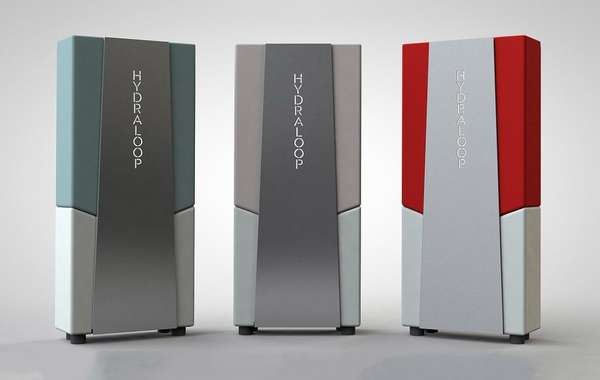

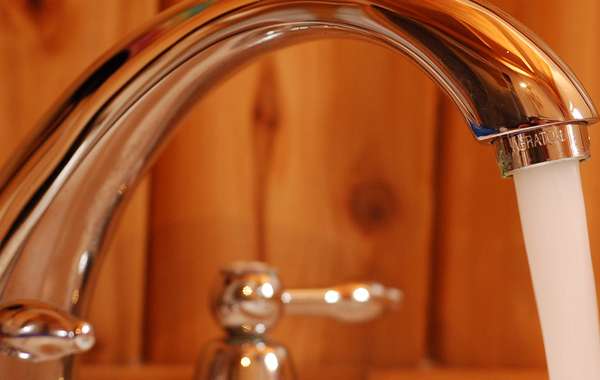
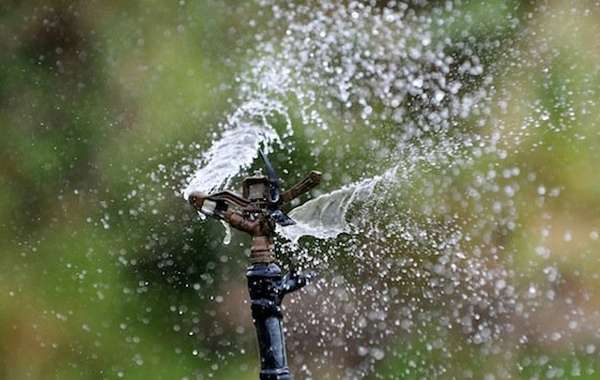

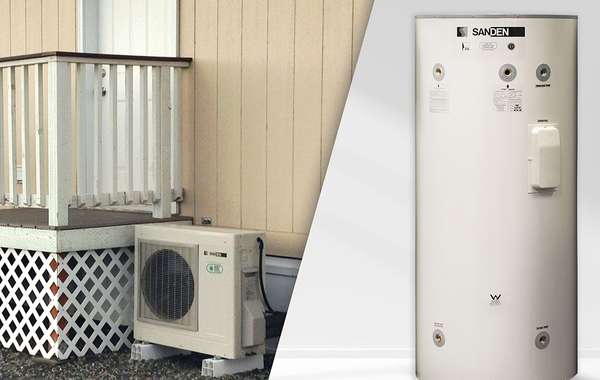
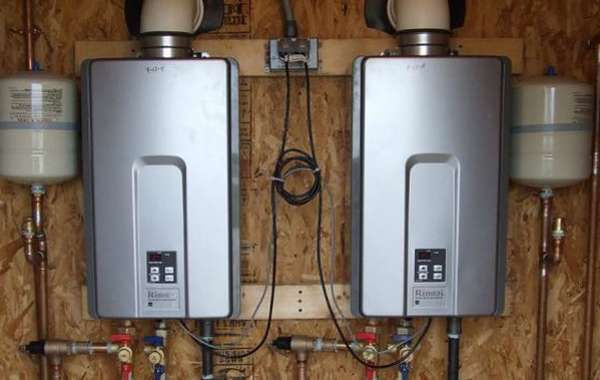
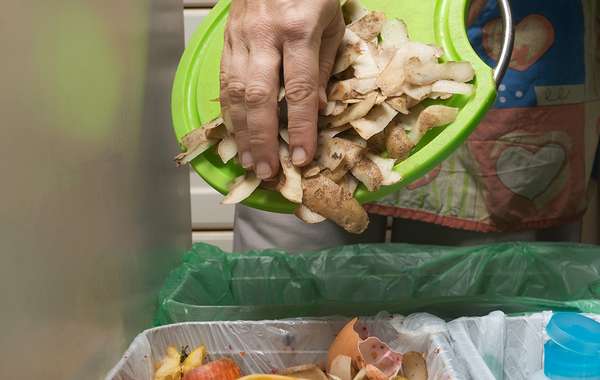



Comments (0)
Sign Up to Comment